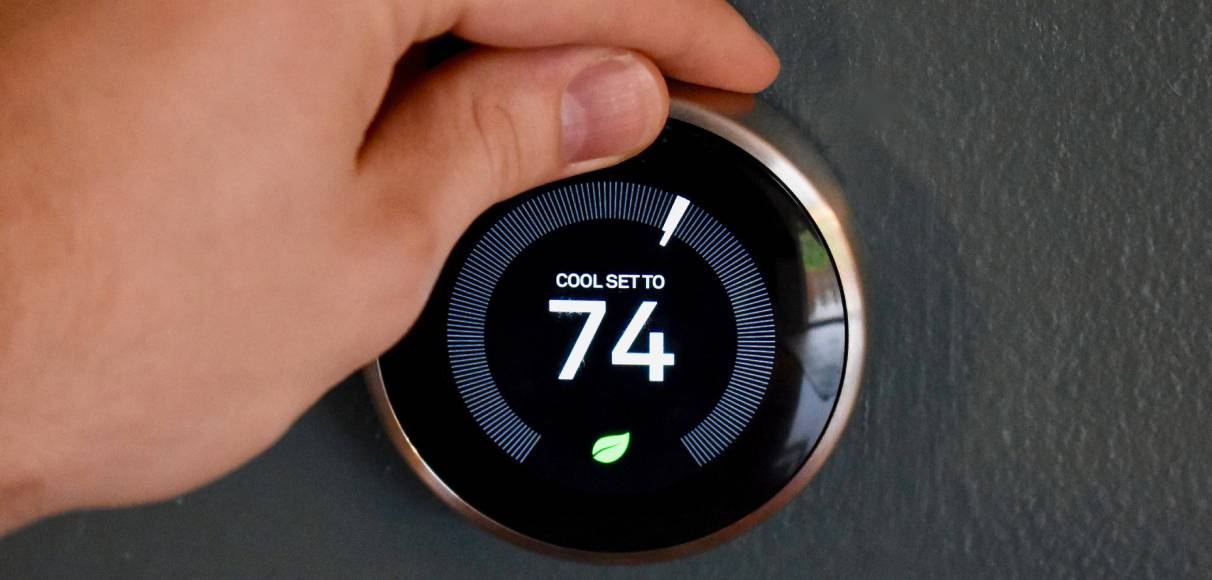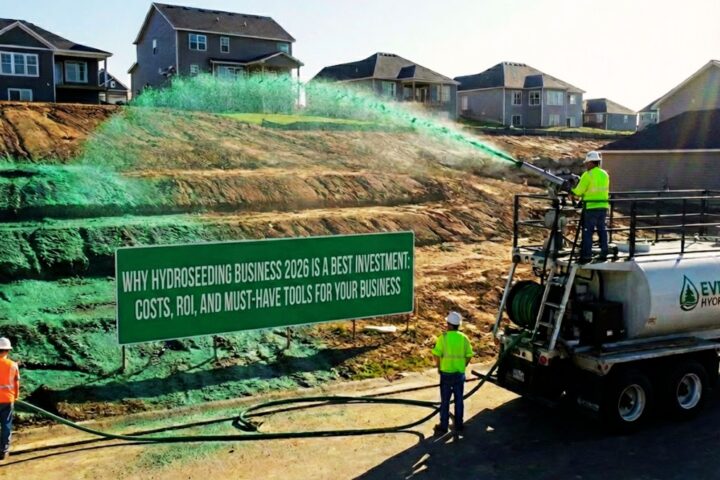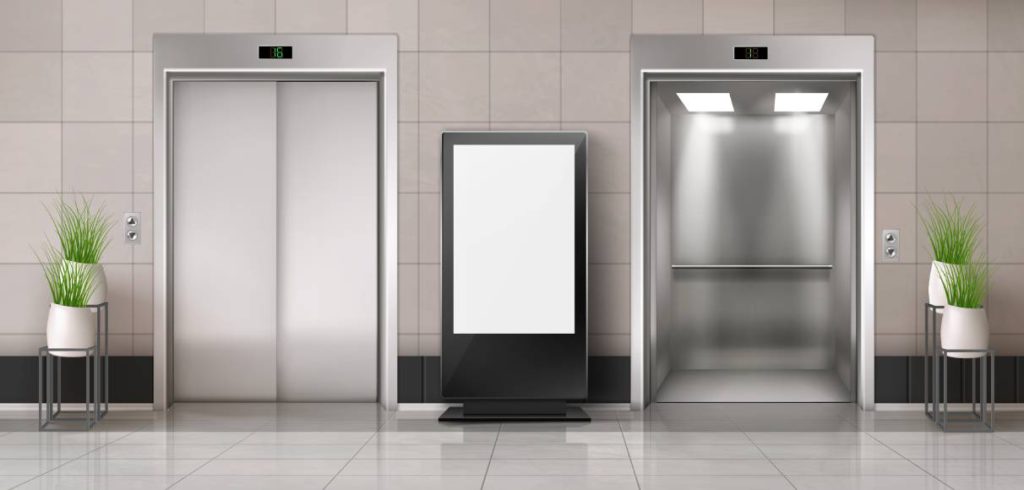The HVAC industry is undergoing a dynamic transformation, largely driven by the rise of automation technologies. These advancements make HVAC systems smarter and revolutionize how professionals and facility managers approach their work. Check out these key ways automation is changing the HVAC industry, bringing about a new era of efficiency, reliability, and innovation.
1. Energy Efficiency
One of the most significant impacts of automation in HVAC is improved energy efficiency. Automated systems adjust heating, cooling, and ventilation based on real-time data and environmental conditions.
Smart thermostats and sensors work in tandem to optimize energy use, reducing waste and lowering utility bills. For HVAC professionals, this means integrating sophisticated controls and ensuring systems operate at peak efficiency, which benefits the environment and their bottom line.
2. Predictive Maintenance
Predictive maintenance is another game-changer brought about by automation. Traditional maintenance schedules often rely on fixed intervals or reactive measures once a problem arises. In contrast, automated systems monitor equipment health continuously and predict potential failures before they occur.
By analyzing data from various sensors, these systems alert technicians to issues that need attention, preventing costly breakdowns and extending the lifespan of HVAC equipment. This proactive approach saves time, money, and resources, making it a win-win for facility managers and service providers.
3. Remote Monitoring and Control
As we continue to move into a technologically based future, managing HVAC systems requires less on-site supervision. With the advent of automation, facility management and IoT are easier with the help of sensors and remote data monitoring.
Facility managers now oversee multiple HVAC systems from a centralized dashboard, making real-time adjustments. This capability is especially valuable for large buildings or multi-site operations, where manual oversight would be impractical. Remote monitoring ensures that systems always operate efficiently and enables quick responses to anomalies, enhancing overall operational efficiency.
4. Smart HVAC Systems
Many homes and businesses continue to implement smart HVAC systems. These systems use advanced machine learning capabilities to learn from historical data and adapt to user preferences. For example, one of the best home automation devices of 2024 is smart thermostats, which gauge the temperature of a room and adjust it according to what the user sets it at.
Smart HVAC system learns when a building is typically occupied and adjusts temperature settings accordingly. This level of intelligence enhances comfort and contributes to significant energy savings.
5. Improved Safety
Safety is a paramount concern in any industry, and automation makes HVAC systems safer. The HVAC industry uses custom-molded plastic parts to improve designs and ensure they comply with safety regulations. Automated diagnostics detect hazardous conditions such as gas leaks or overheating components, triggering alerts and automatic shutdowns to prevent accidents.
Automation continues changing the HVAC industry and revolutionizes how systems operate and are maintained. Stay updated with these advancements to maximize the benefits for clients. As automation continues to evolve, it promises even more innovative solutions for a sustainable future.









